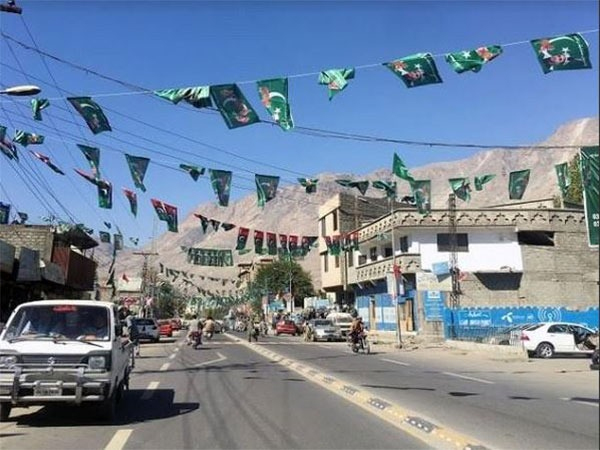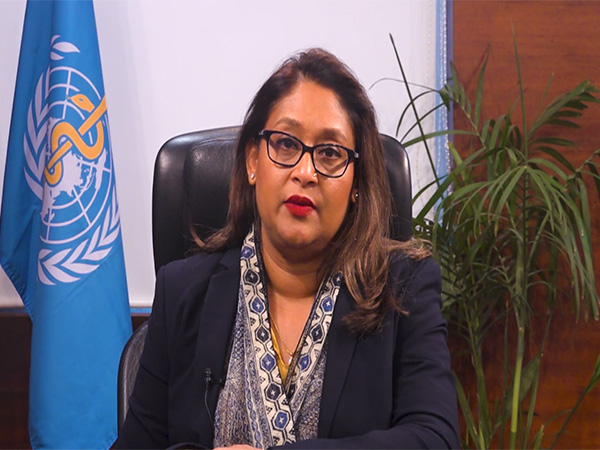
PoGB: Raja Abid condemns education system in PoGB, demands immediate reforms
Apr 25, 2025
Giglit [PoGB], April 25 : Raja Abid, Chairman of the Revolutionary Students Organisation, has condemned the deteriorating education system in Pakistan-occupied Gilgit-Baltistan (PoGB). He has issued a series of demands aimed at rectifying the situation, warning that failure to address these issues by April 30 will lead to widespread protests, as reported by Markhor Times.
In a statement, Abid highlighted the severe deficiencies plaguing the region's educational infrastructure, including a shortage of qualified teachers, inadequate facilities, and outdated curricula. He emphasised the disparity between the education received by affluent students and that of their less privileged counterparts, noting that while wealthy individuals have access to quality education, the poor are subjected to substandard schooling, the Markhor Times cited.
According to Markhor Times, Raja Abid, Chairman of the Revolutionary Students Organisation, has put forth several key demands to address the education crisis in Pakistan-occupied Gilgit-Baltistan. Firstly, he has called for the appointment of new teachers to fill the existing gaps and improve the quality of education in the region. Abid also demands the transfer of headmasters between Astore and Diamer to promote better management, accountability, and ensure that each area has effective leadership. Additionally, he has made a special request for the transfer of the current education director, seeking a change in leadership to facilitate much-needed reforms and improvements in the education system.
Abid has directed these demands to the Education Department and the Chief Education Secretary, urging prompt action. He has warned that if these issues are not addressed by the end of April, students will organise protests to voice their concerns and demand immediate reforms, as per the Markhor Times.
Education in Pakistan-occupied Gilgit-Baltistan (PoGB) faces significant challenges, including a shortage of qualified teachers, outdated infrastructure, and a stark disparity between the education provided to the wealthy and the underprivileged. These issues hinder students' access to quality education, perpetuating social inequality and demanding urgent reforms for improvement.


























